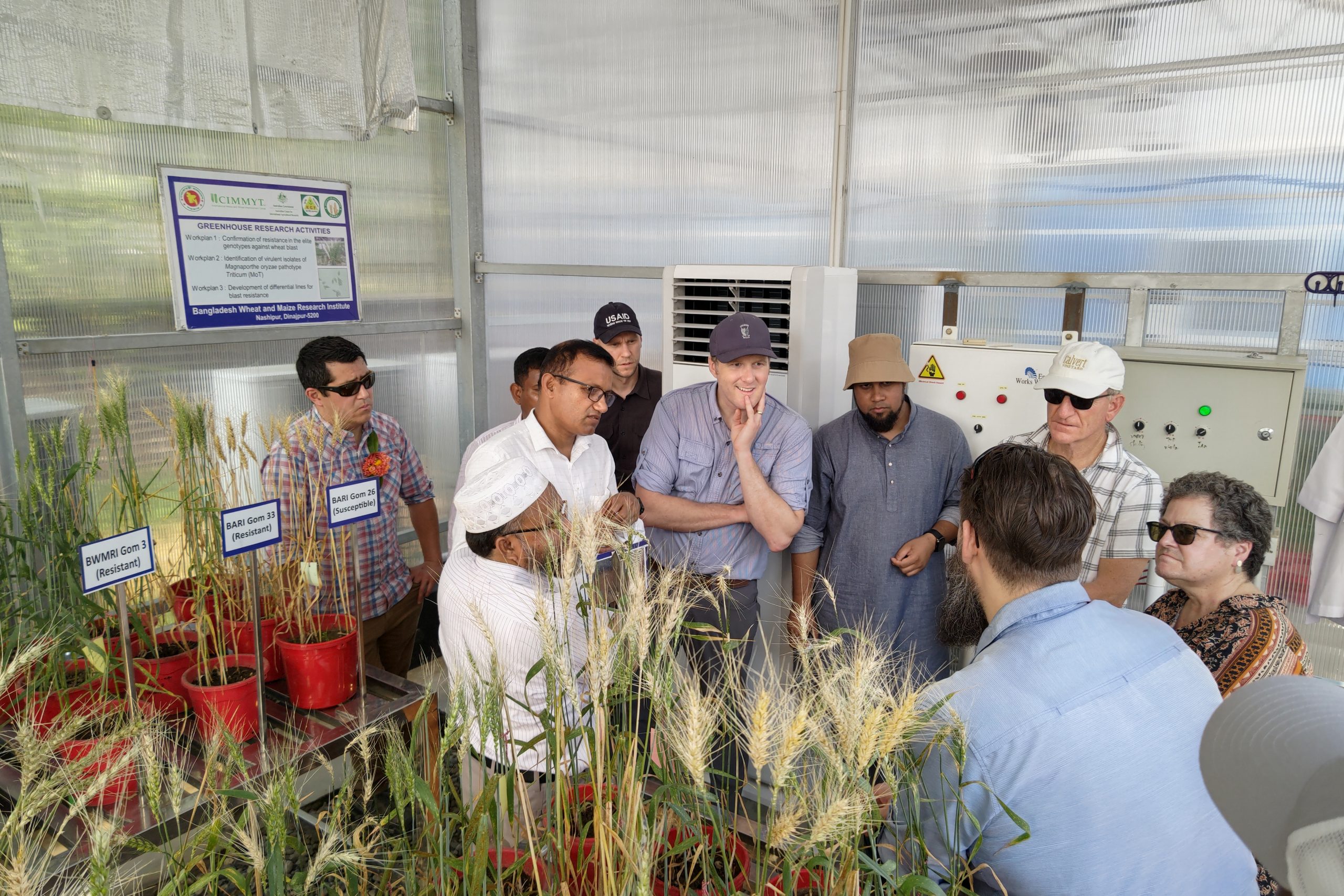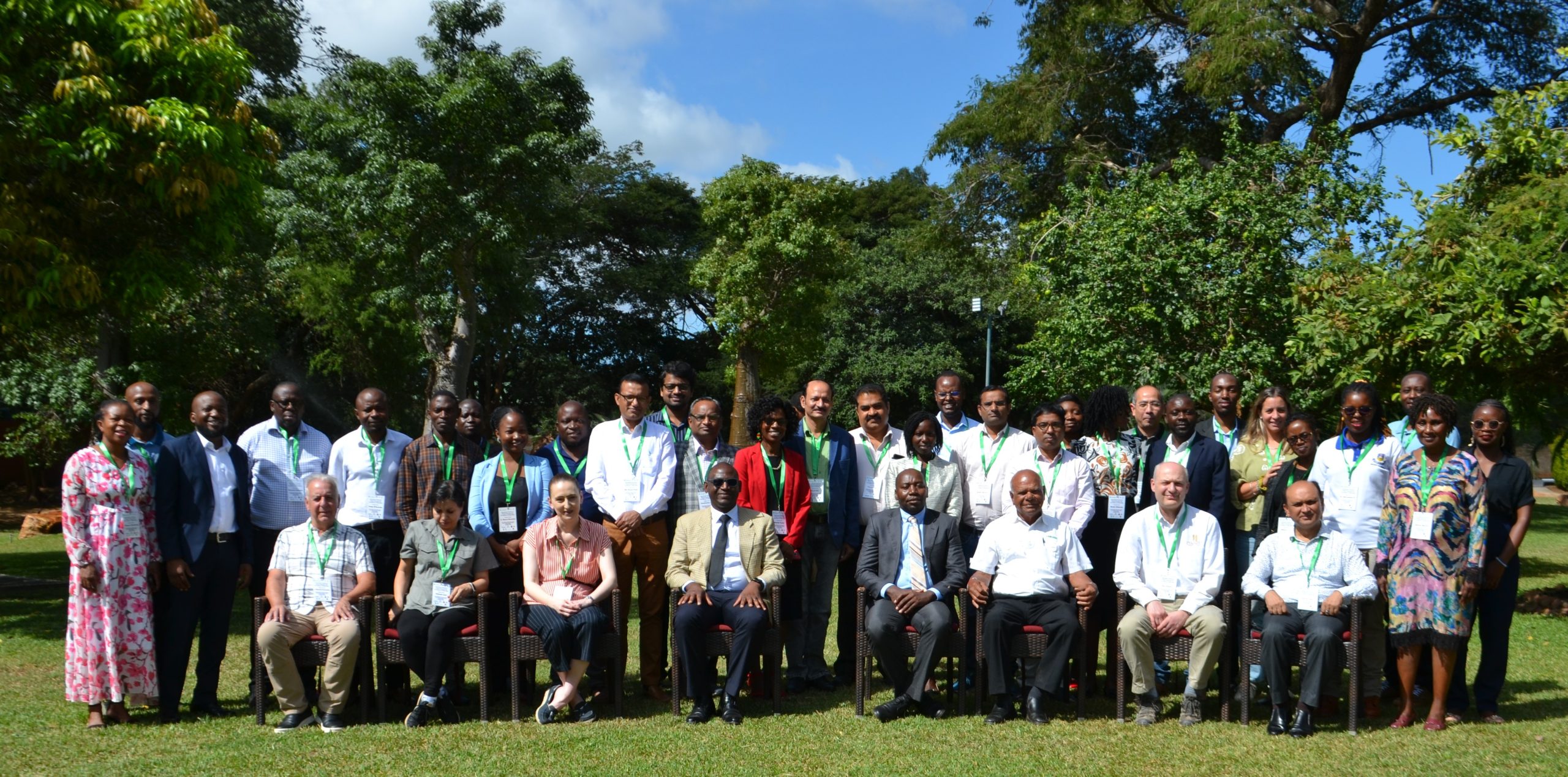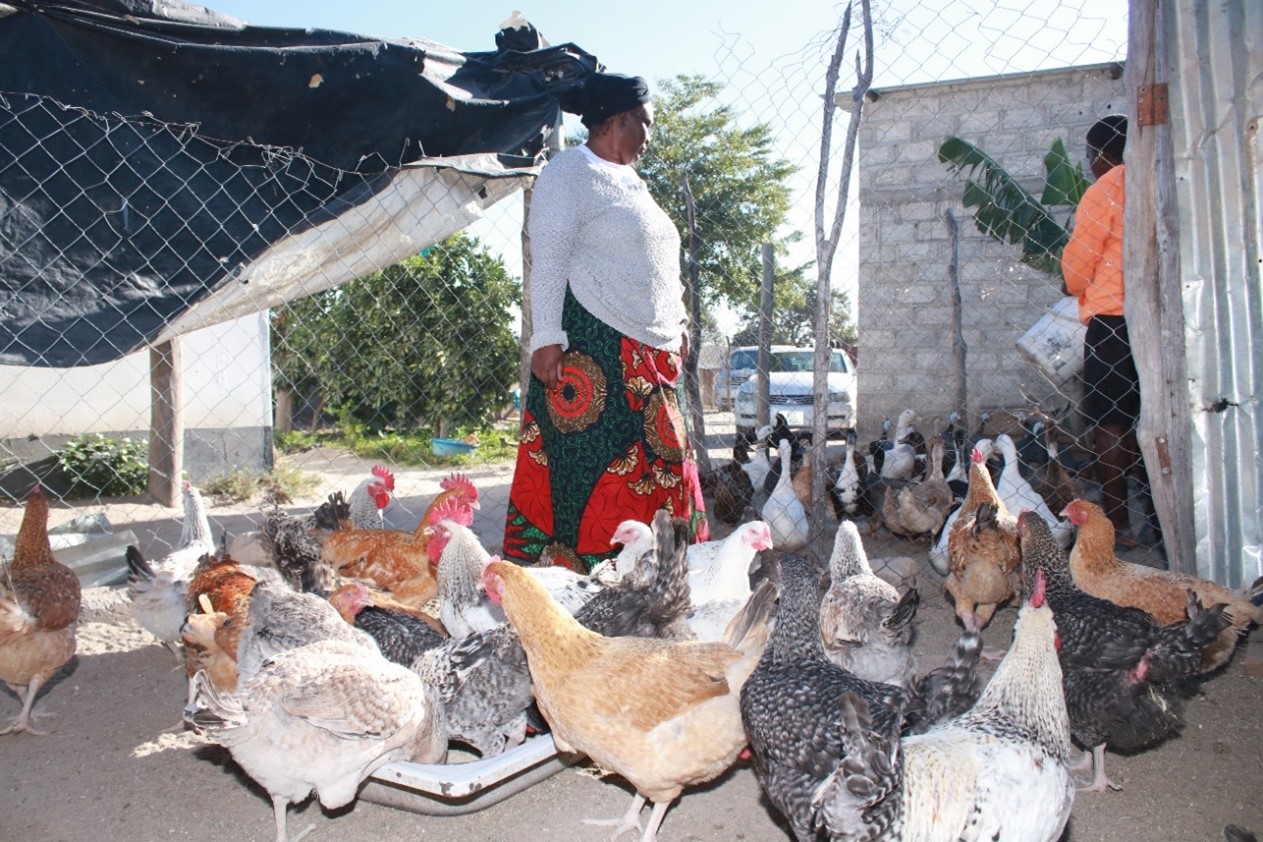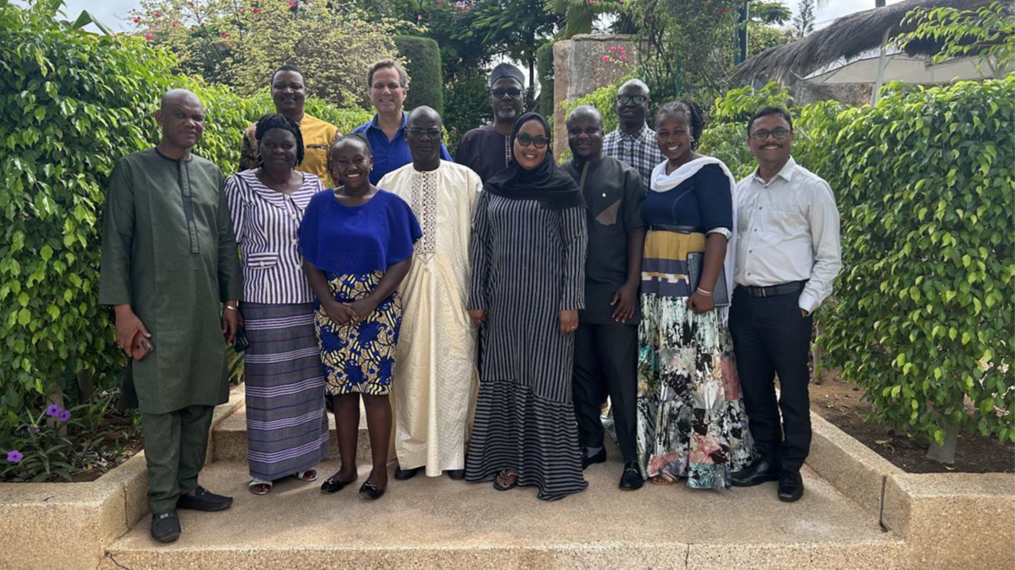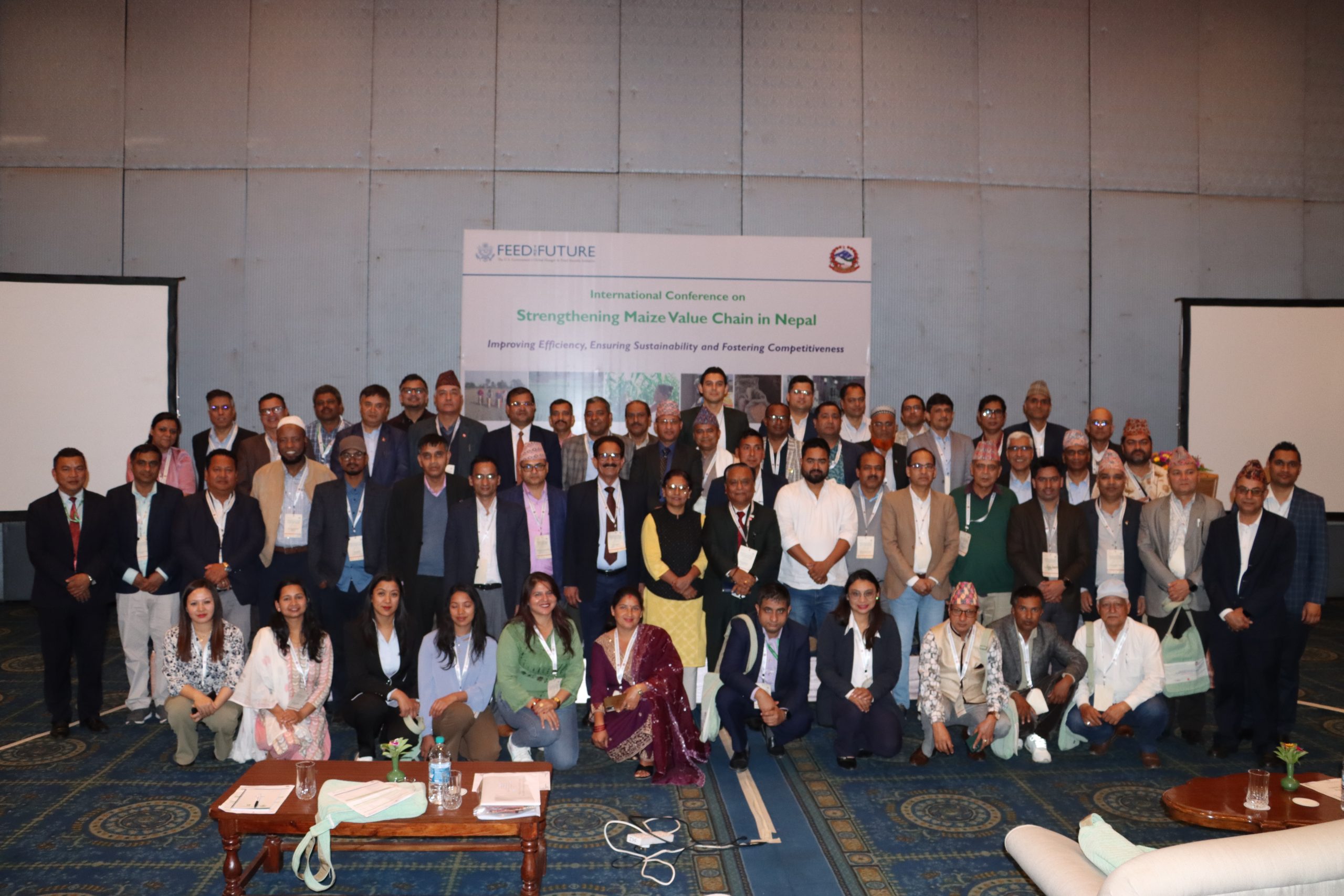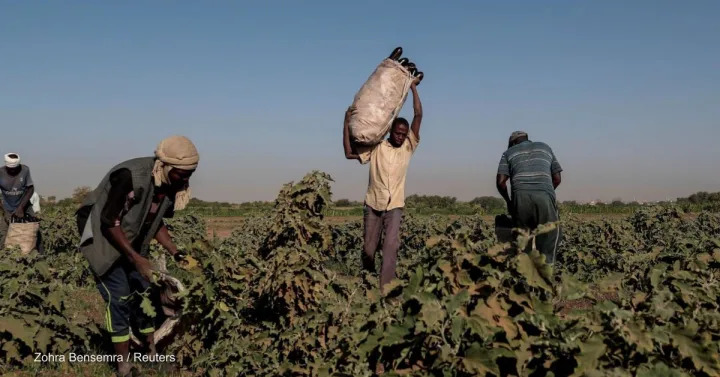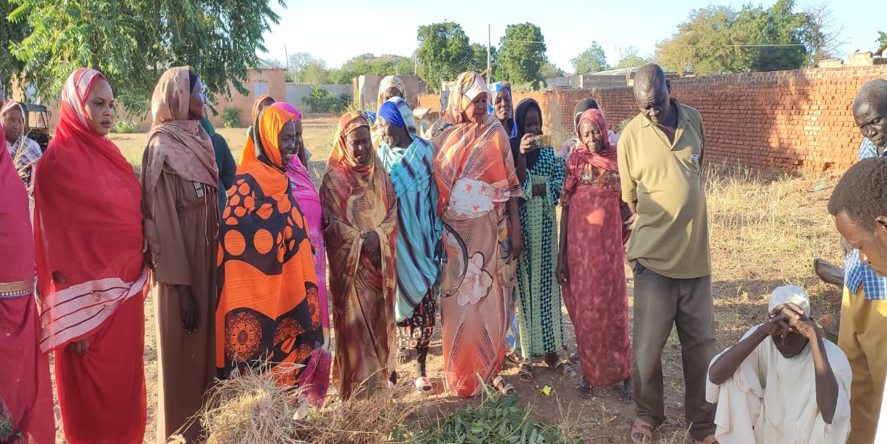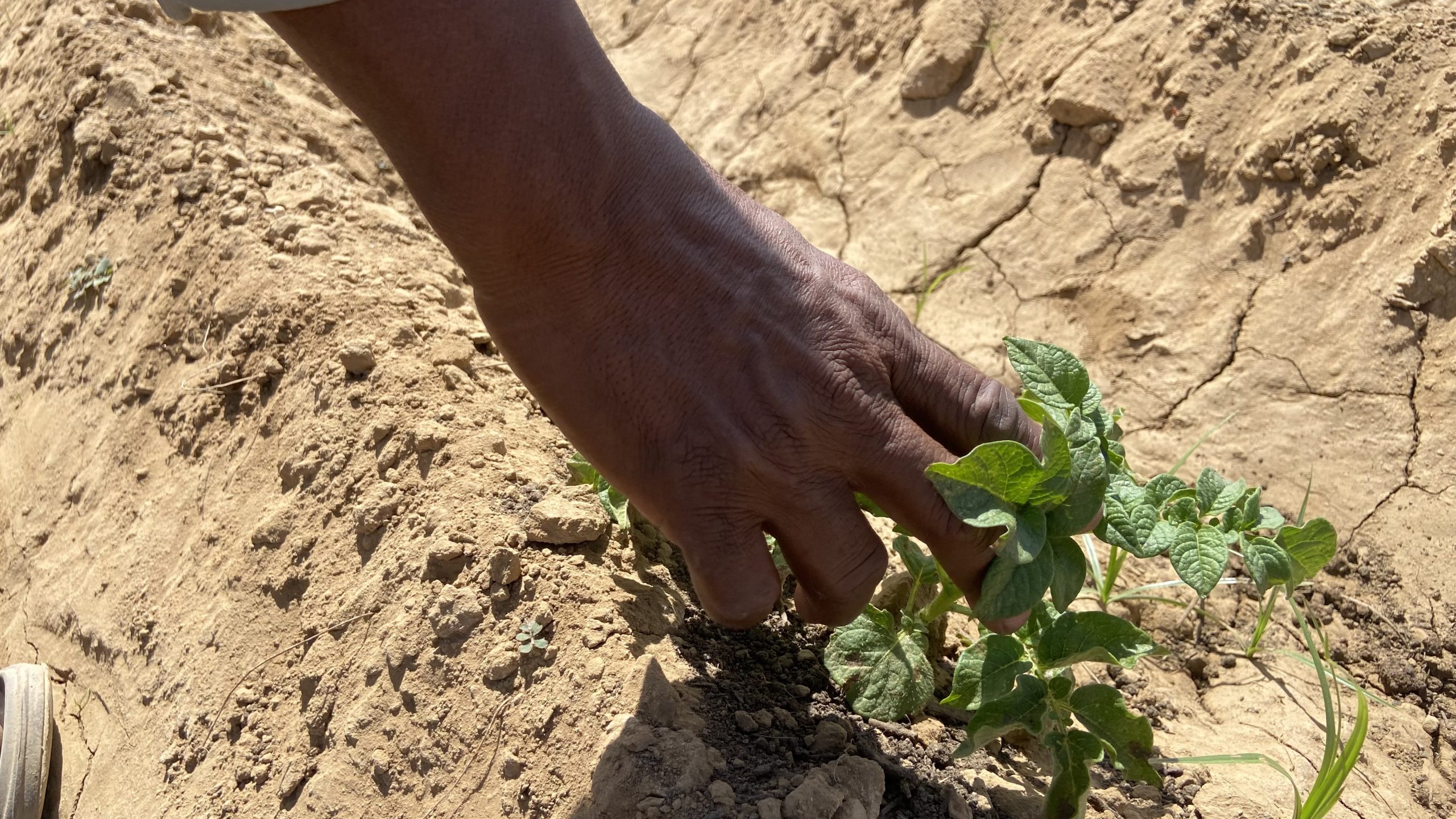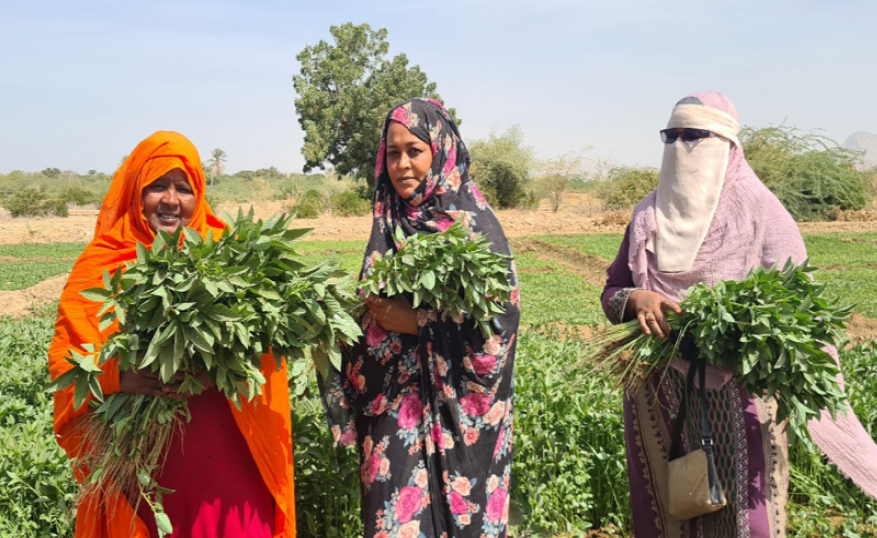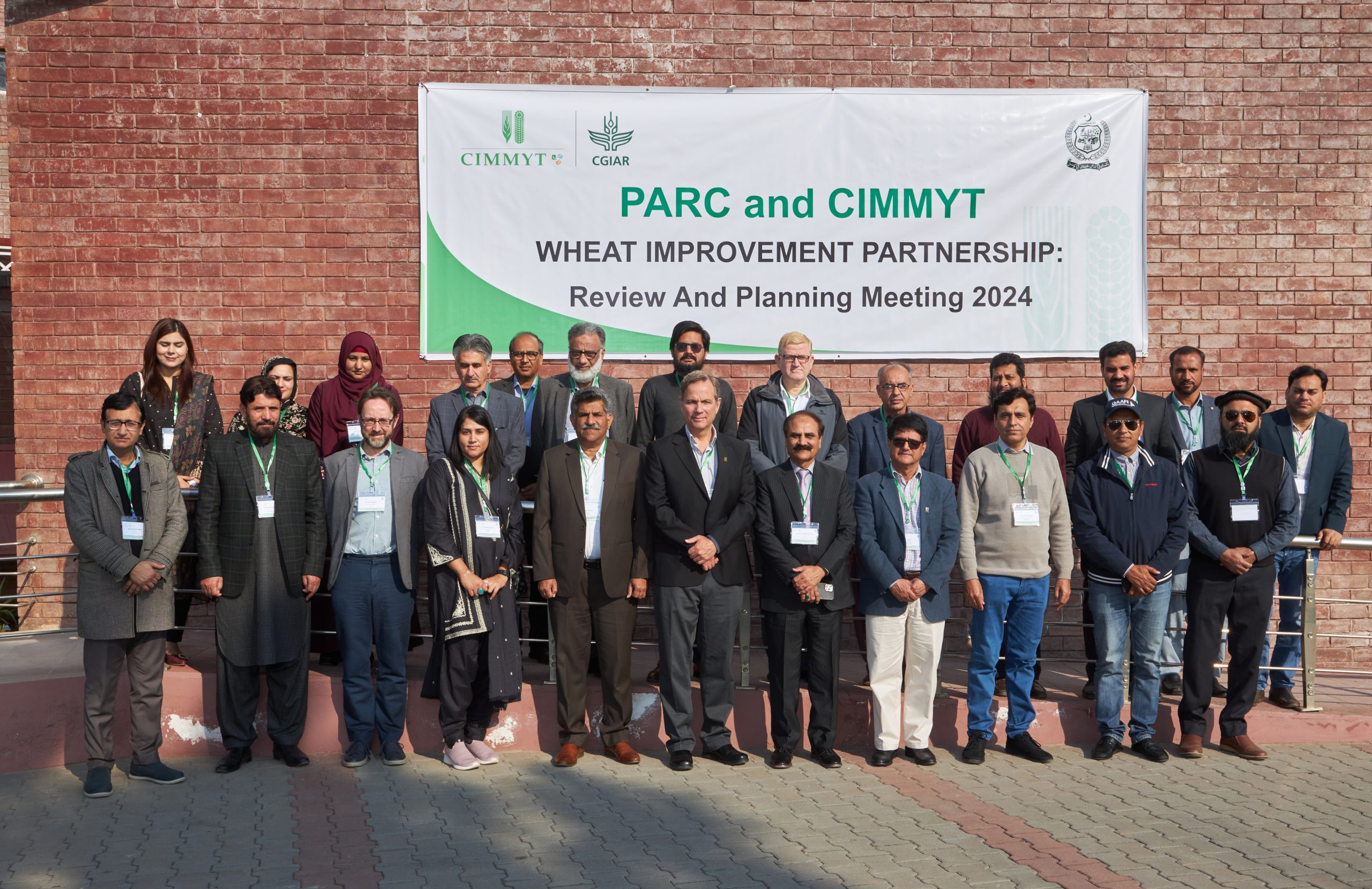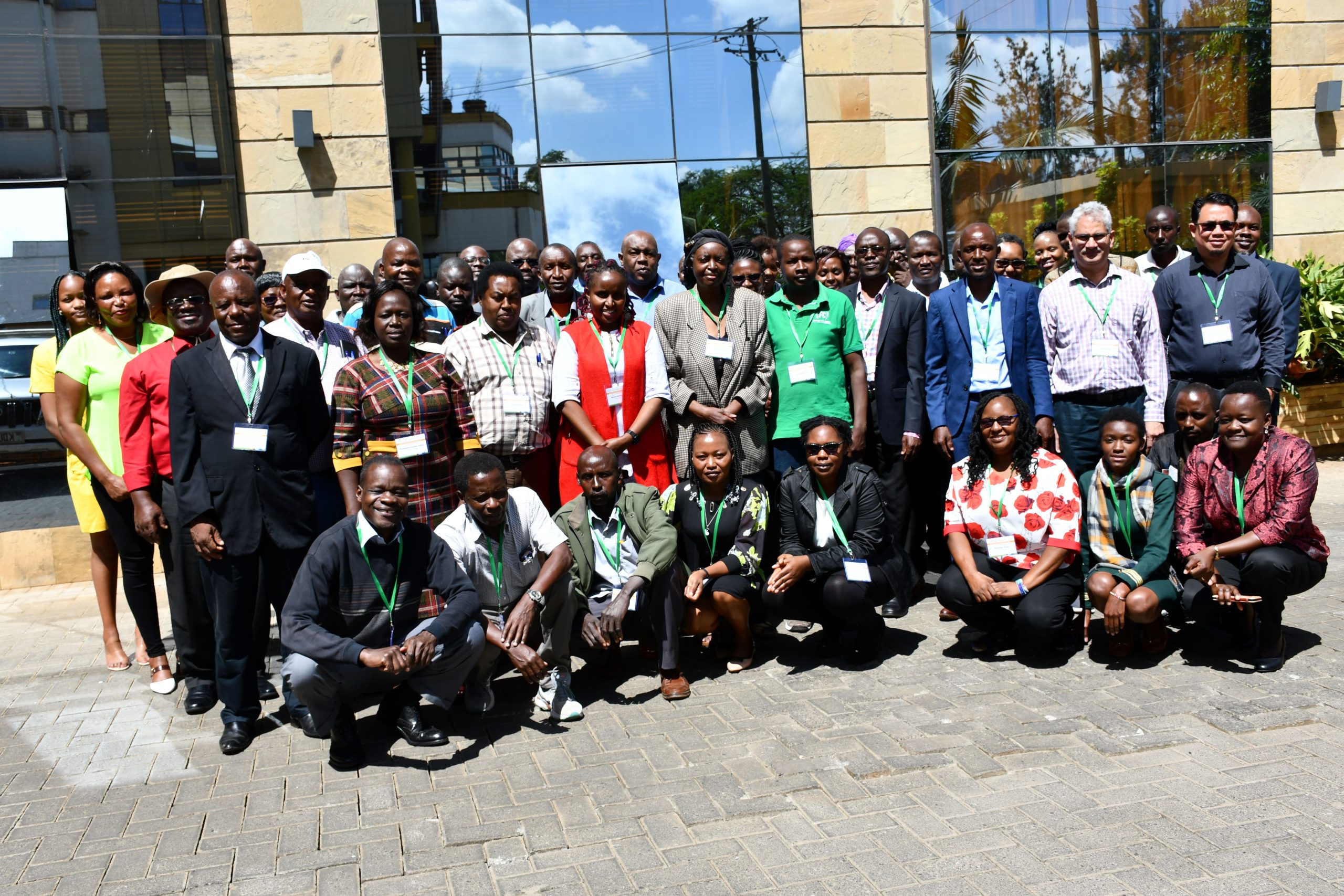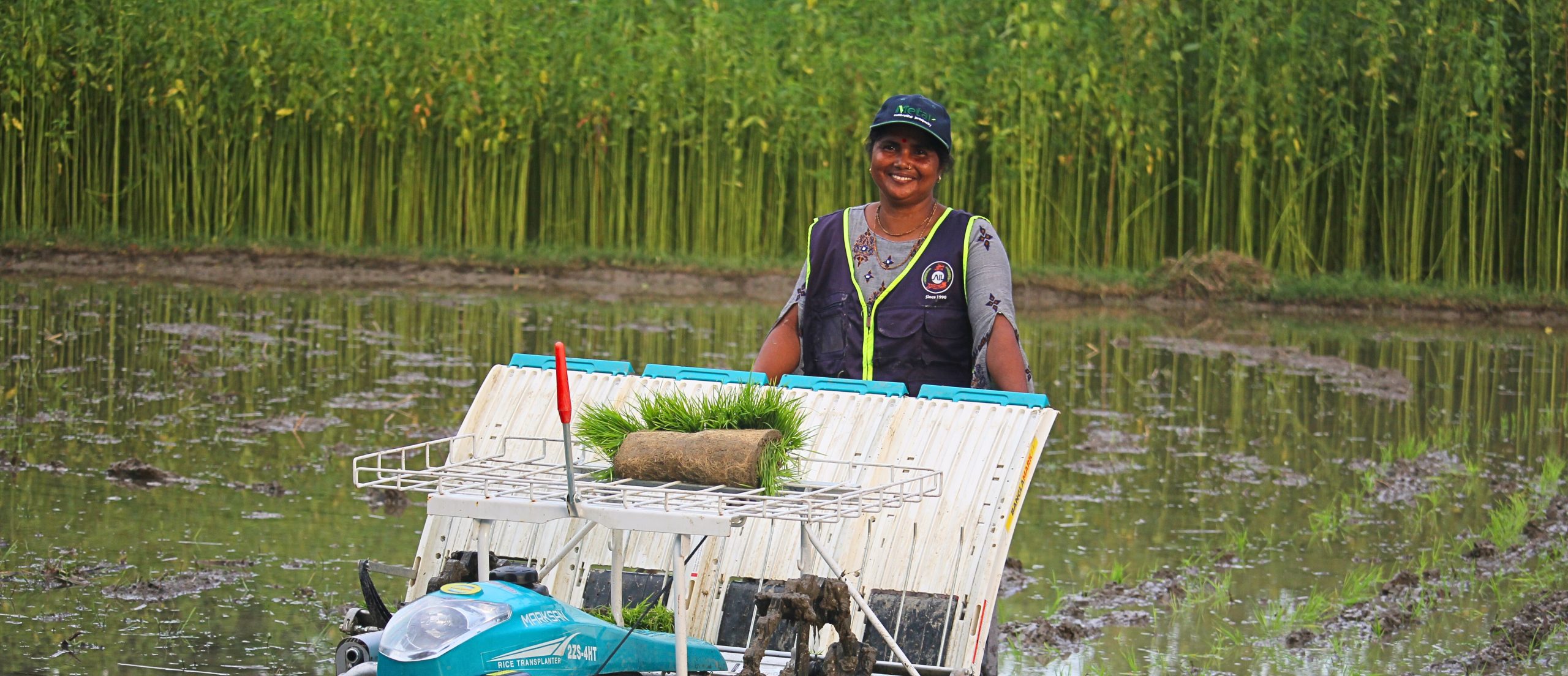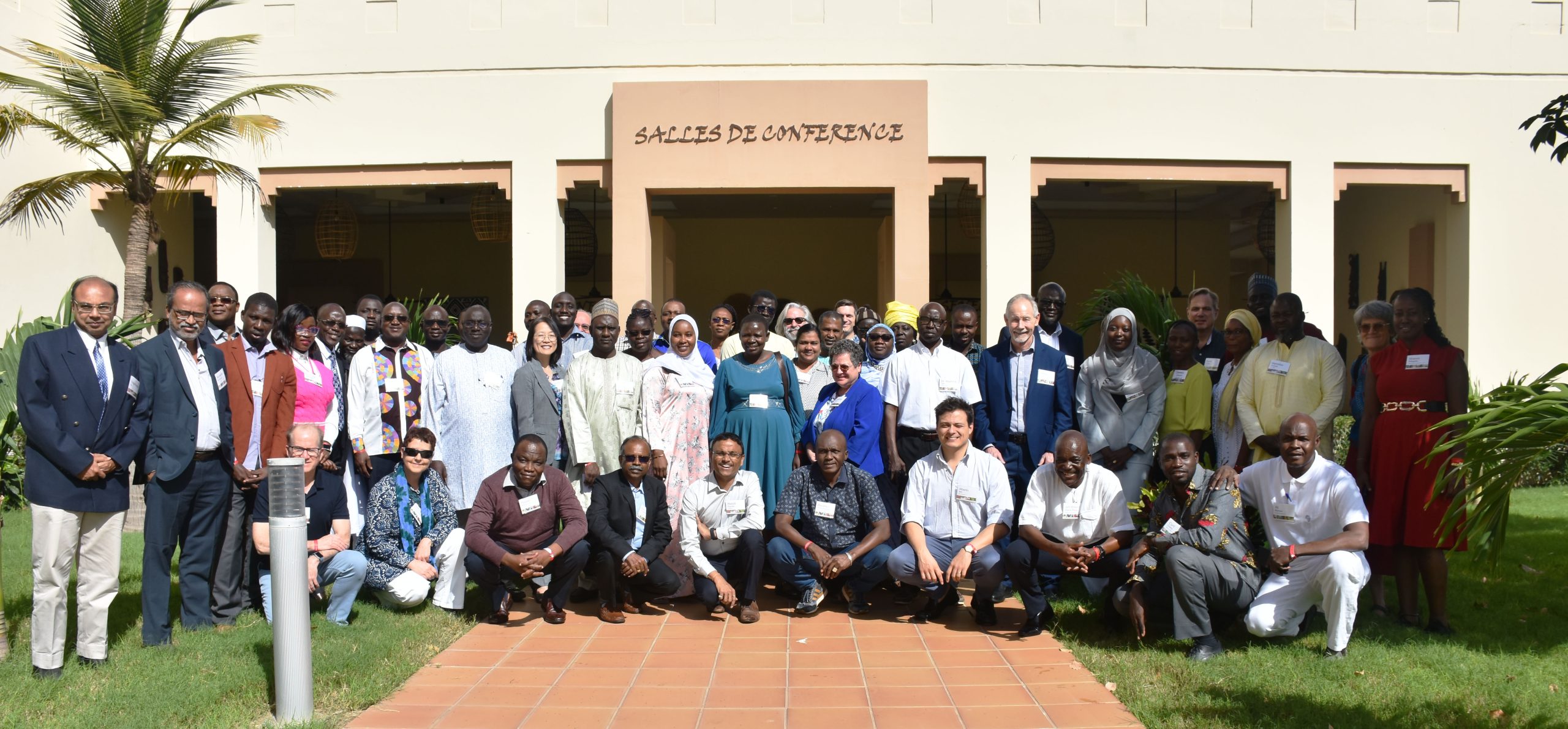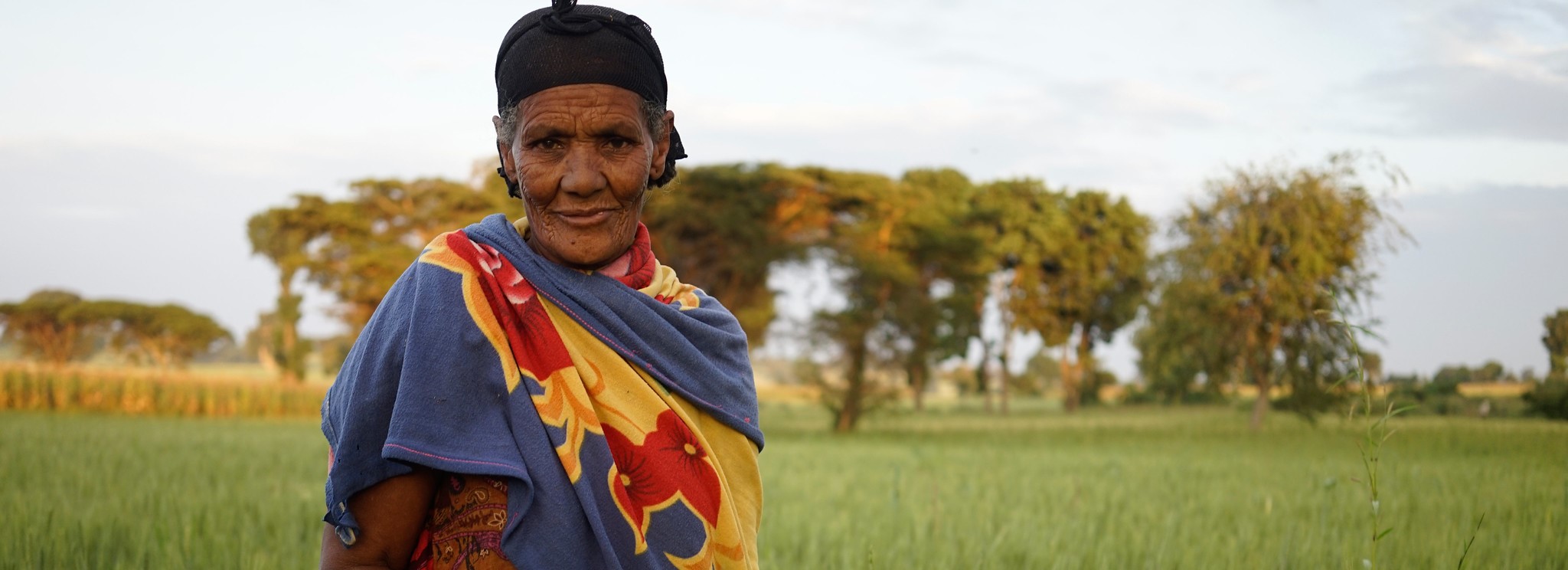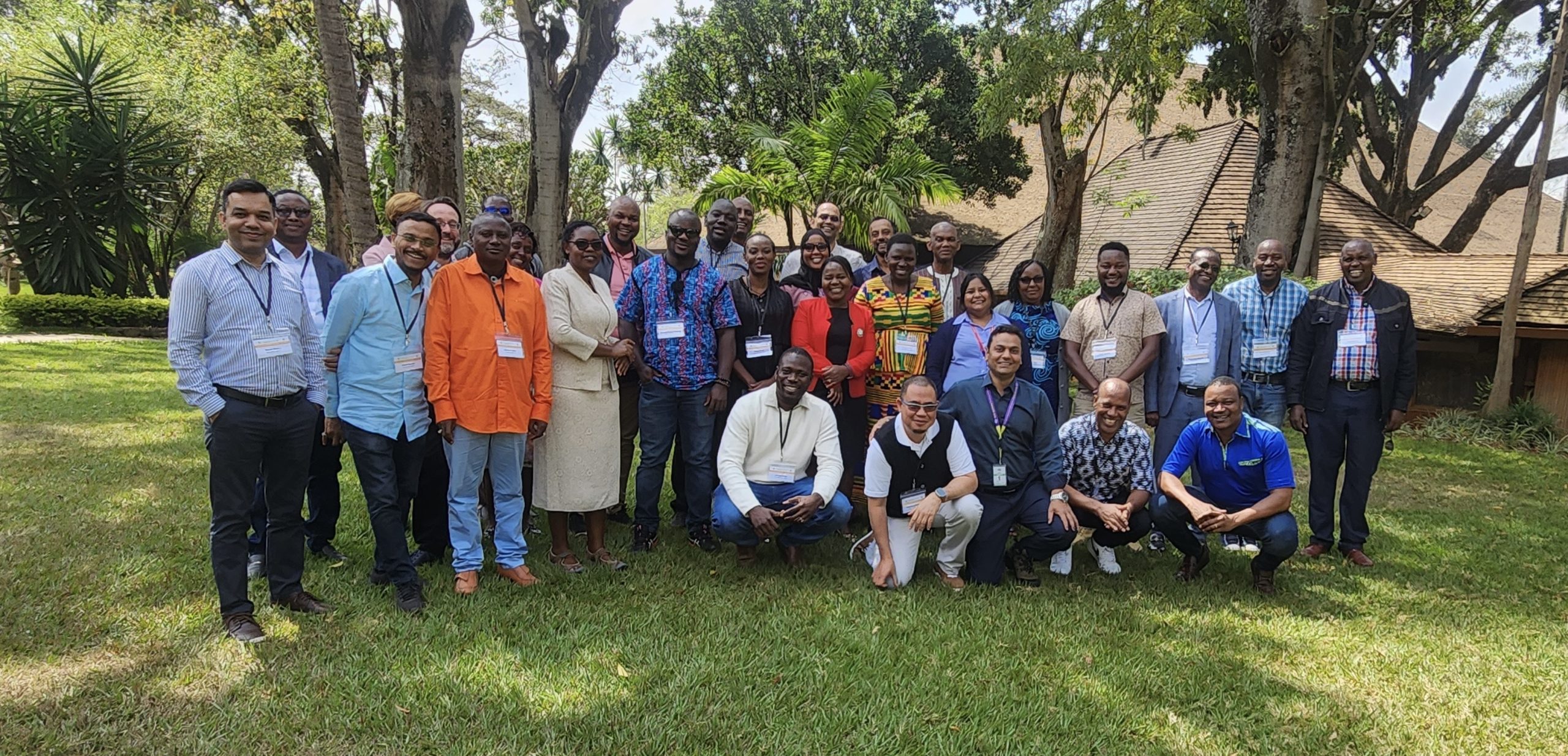United States Agency for International Development (USAID)
A journey through Bangladesh’s ground-breaking agricultural practices
 Capacity development
Capacity development
In a visit by USAID and CIMMYT, cutting-edge agricultural approaches in Bangladesh highlighted the power of combining technological innovations, climate-focused practices, and community power.
Building global capacity to combat wheat blast
 Capacity development
Capacity development
In collaboration with ZARI and other partners, CIMMYT brought together wheat scientists, researchers, academics, policymakers, and extension agents to address the urgent threat of wheat blast across borders.
Rekindling and revitalizing chicken farming in Zambia
 Capacity development
Capacity development
AIDI-L, a two-year project, aims to help 15,000 small scale poultry-keeping households. The project holds promise to revitalize chicken farming in Zambia.
Regional network to scale impact of dryland crops in sub-Saharan Africa
 Capacity development
Capacity development
ADCIN represents a leap forward in African agricultural cooperation, addressing dryland crop challenges through tailored projects for maximum impact.
Strengthening maize value chains in Nepal
 Innovations
Innovations
The International Maize Conference highlights CIMMYT’s commitment to driving innovations, promoting knowledge sharing, and strengthening partnerships to advance Nepal’s national maize sector.
Opinion: Aid competes with long-term solutions to Sudan’s hunger crisis
 Climate adaptation and mitigation
Climate adaptation and mitigation
Restoring food production within the country is just as important as emergency food aid — if not, Sudan risk racing from crisis to crisis.
How improved seeds empower women farmers in South Kordofan
 Capacity development
Capacity development
Working with partners, CIMMYT’s Sustainable Agrifood Systems Approach for Sudan empowers women farmers in conflict-torn South Kordofan. It provides them with training and resources to increase crop yields and enhance community self-sufficiency.
A sustainable agrifood systems approach in conflict-ridden Sudan
 Capacity development
Capacity development
CIMMYT, in partnership with USAID, is implementing the Sustainable Agrifood Systems Approach for Sudan, an integrated agrifood system model designed to underpin food security through scalable development opportunities and sustainable agricultural practices.
Women farmers enhance agricultural production in conflict-torn Sudan
 Capacity development
Capacity development
In conflict-torn Sudan, women farmers are equipped with new skills and sustainable techniques to cultivate hope and abundance—doubling yields and empowering communities toward self-sufficiency.
Unlocking the power of collaboration in global wheat science
 Innovations
Innovations
CIMMYT and NARS scientists exchange knowledge on wheat improvement efforts in Pakistan, Nepal, and India.
Collaboration across the seed system value chain
 Climate adaptation and mitigation
Climate adaptation and mitigation
Stakeholders call for a holistic approach to managing Kenya’s dryland crop seed system for sustainability and food security.
A community leader in Baliakandi inspires women empowerment in agriculture: Promila Rani Mondol
 Capacity development
Capacity development
Promila’s story as a successful machinery solution provider, with support from CSISA-MEA, is encouraging more women in her community to venture into farming and seedling raising services.
Revolutionizing food security: Africa’s millet renaissance
 Climate adaptation and mitigation
Climate adaptation and mitigation
With the right mix of policy support, technological innovation, and market development, millets have the potential to become the cornerstone of Africa’s resilient and sustainable agricultural future.
Bargaining for Better: How gender roles in household decision-making can impact crop disease resilience
 Gender equality, youth and social inclusion
Gender equality, youth and social inclusion
A study by CIMMYT found a positive association between women’s role in household decisions concerning crop production and the adoption and turnover of rust-resistant wheat varieties.
Network develops optimized breeding pipelines for accelerated genetic gains in dryland crops
 Capacity development
Capacity development
The Africa Dryland Crop Improvement Network (ADCIN), NARES, and CGIAR scientists in Africa optimized quantitative genetic criteria for breeding programs and breeding strategies and pipelines for chickpea, pigeon pea, groundnut, sorghum, pearl-millet, and finger millet crops.
